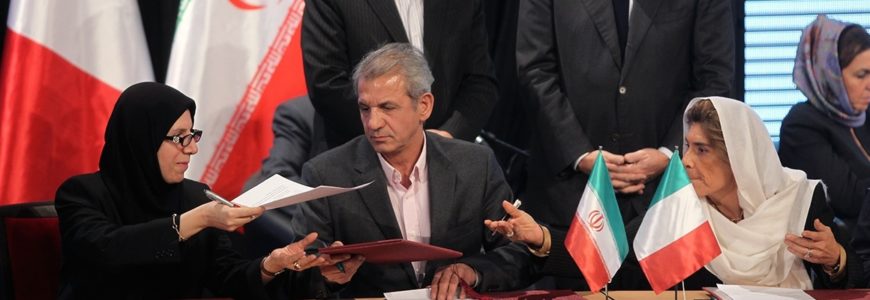
Iran-Italy relations, which date back to the time of the Roman and Persian empires, are marked by important affinities. Historical and cultural traditions as well as commercial and economic connections have deeply shaped mutual perceptions. Unlike the other major EU countries, Italy is not seen as a former colonial power still trying to “dominate” relations with Iran, but rather is appreciated as a partner willing to expand tied based on mutual respect.
The legacy of Iran-Italy commercial ties begins in earnest with Enrico Mattei and Italian state oil company ENI. Mattei’s excellent leadership in the 1950s and 1960s strengthened Iran-Italy ties through energy cooperation. Mattei’s approach still influences the way most Italian companies engage their Iranian counterparts—with great respect and consideration. Iranian companies are inclined to deal with Italian companies because they talk a similar business language.
Back in 2003, the positive perception of Italy among European nations led Iran to insist that Italy join the European group pursuing the first nuclear talks. Despite the fact that the Italian government did not participate so as not to strain relations with the US already stressed by disagreements over the Iraq war, Iran’s point of view did not change. Rouhani’s choice of Rome as the first European capital to visit following the implementation of the JCPOA nuclear deal is indicative. More recently, Italy was asked by the E3 nations of France, Germany, and the United Kingdom to become a member of the new E4 group driving negotiations with Iran on Yemen.

